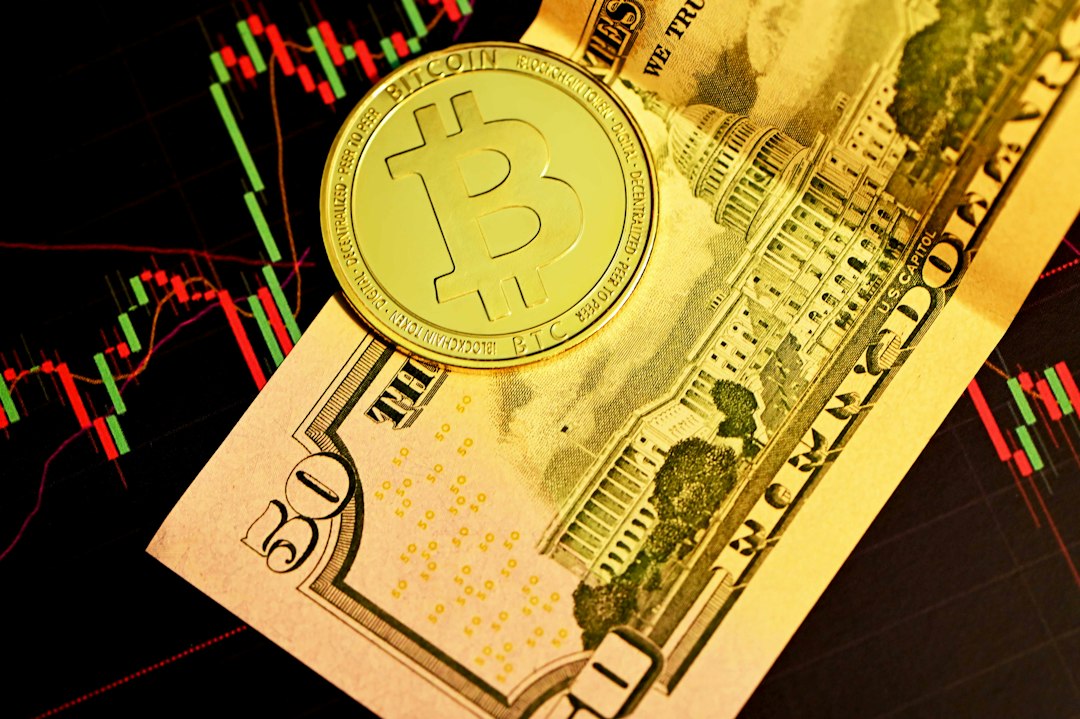South Korean Public Sector Workers Must Declare Crypto Holdings
A new rule in South Korea will require around 290,000 public sector workers, including their spouses and next of kin, to declare their cryptocurrency holdings starting from February. The Ministry of Personnel Management introduced this measure in response to the Coin Gate political scandal, which involved a lawmaker on a crypto-related parliamentary committee allegedly trading coins using insider information. The ministry aims to address conflicts of interest and promote integrity in the public sector. Financial regulators and other public officials were already required to disclose their crypto holdings last year. The new rule also covers precious metals, stocks, cash, antiques, and real estate holdings.
Crypto Declarations Mandatory for Various Government Officials
The requirement to report crypto holdings extends to high-ranking police, fire service, customs officials, land registrars, tax officers, and other civil servants ranked level four and above. Unlike other assets, there is no minimum threshold for reporting cryptocurrency holdings. All virtual assets must be reported regardless of the amount or quantity. The collected data will be used to create a publicly accessible database that citizens can use to check on public sector workers’ crypto holdings. Failure to make accurate declarations may lead to fines, dismissal, or disciplinary action.
Hot Take: South Korea Takes Action on Crypto Disclosures
South Korea is taking significant steps towards ensuring transparency and integrity in the public sector by mandating crypto disclosures for public sector workers. This move comes as a response to a recent political scandal involving insider trading with cryptocurrencies. By requiring employees to declare their crypto holdings, South Korea aims to prevent conflicts of interest and promote accountability among government officials. The comprehensive reporting requirements cover not only cryptocurrencies but also other assets such as precious metals and real estate holdings. This initiative demonstrates South Korea’s commitment to regulating the cryptocurrency space and maintaining trust in public institutions.





 By
By
 By
By
 By
By
 By
By
 By
By
 By
By